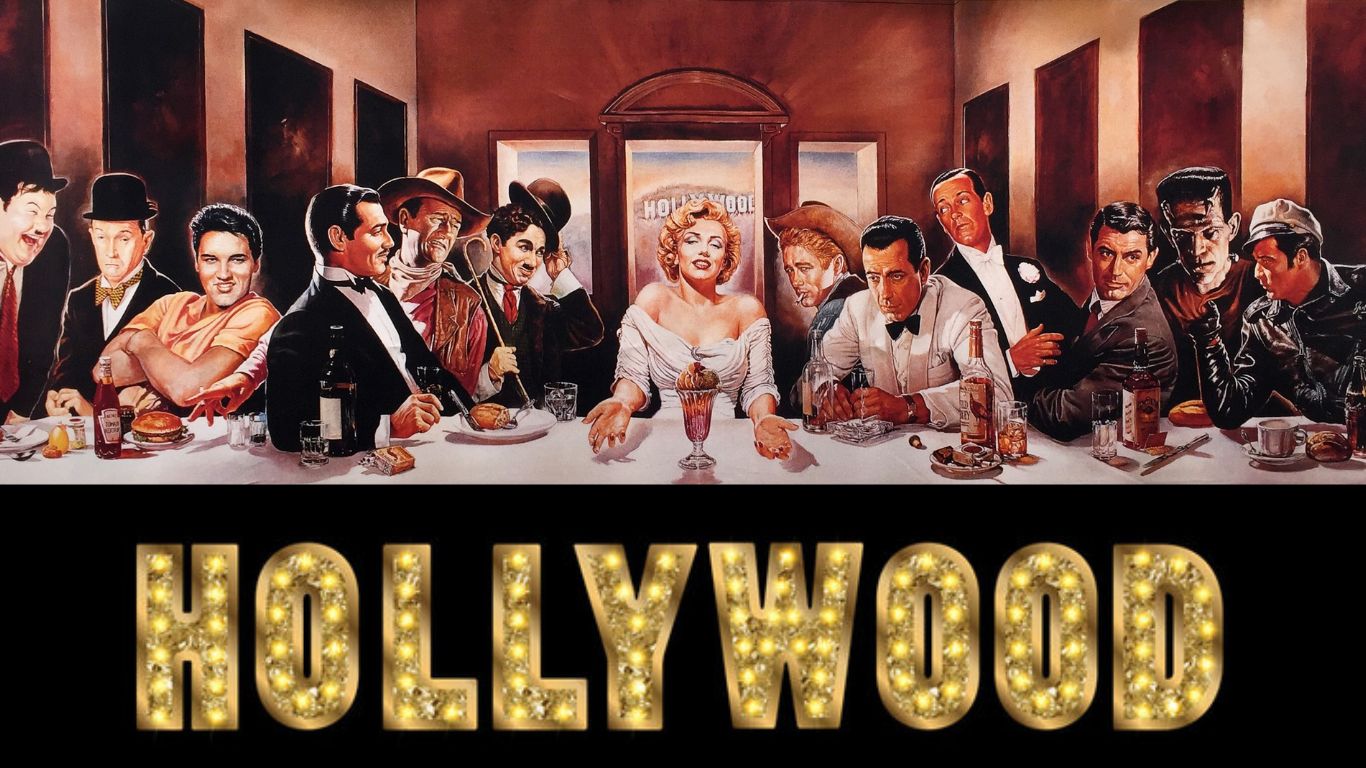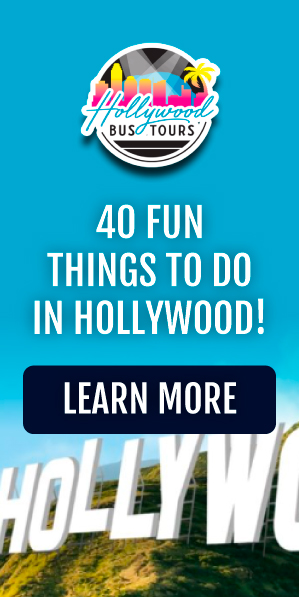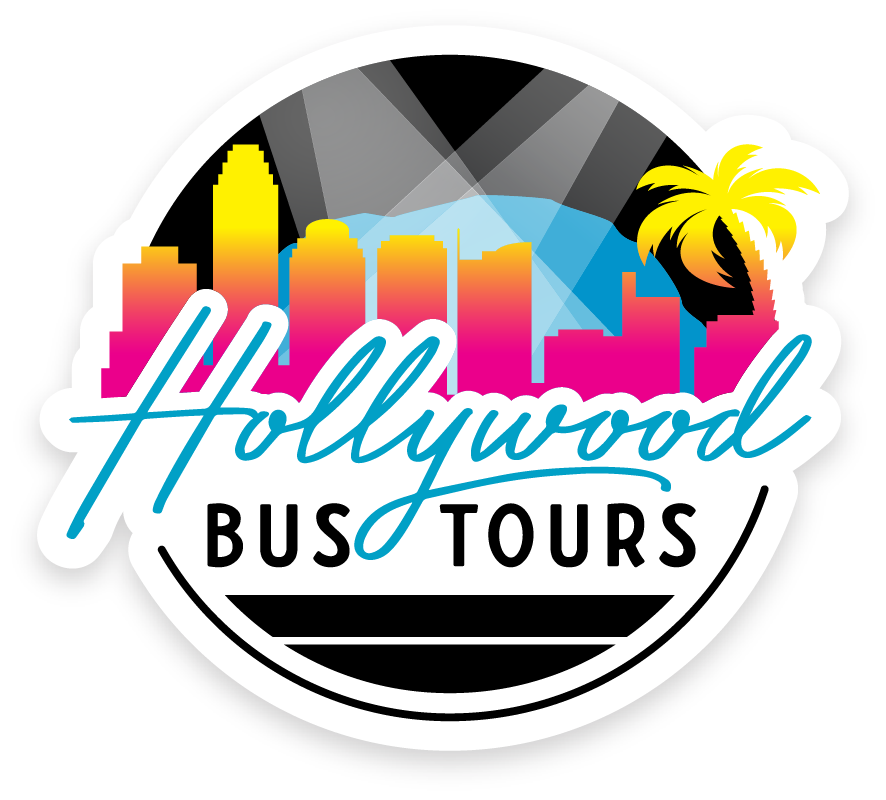Hollywood rules the international film market with a massive 75% share. Its influence on society goes way beyond just entertainment. Movies aren’t just stories you watch on screen – they’re part of a powerhouse industry that gets more and thus encourages billions in revenue. Each year, over 500 new films help shape how people worldwide think and feel.
The numbers at the box office barely tell the whole story of Hollywood’s reach. More than 2,600 stars shine on the Walk of Fame. The historic TCL Chinese Theater has hosted countless premieres since 1927. Hollywood culture leads global discussions about race, class, and identity. As you find your way through the digital world of 2025, knowing how this entertainment giant affects your daily life matters more than ever.
This piece shows how Hollywood molds your beliefs, steers your choices, and changes social norms in today’s faster-moving digital age.
How Hollywood Shapes Modern Beliefs
Cinema’s storytelling has left a powerful mark since the first moving pictures appeared in the 1890s. Movies use carefully crafted stories and compelling characters. They have an amazing power to change how people think and feel about right and wrong all over the world.
Impact on personal values
Research shows how deeply movies shape our beliefs and moral positions. A groundbreaking PNAS study revealed something interesting. People who watched docudramas about wrongly convicted prisoners showed 7.7% more empathy toward inmates. These viewers also backed reforms in criminal justice, including education programs in prisons.
Movies shape young people’s values and how they see themselves. Teenagers learn about social interactions from dramatic films, which helps build their self-image. University students who watched documentaries showed more understanding toward older people. This proves cinema’s power to connect different generations.
Changes in social norms
Movies act as powerful agents of social change, especially in fighting prejudice. Studies prove that positive portrayals of specific groups help reduce discrimination. TV shows with transgender characters promote acceptance of transgender people. Movies showing positive gay male characters have helped decrease homophobia.
Entertainment’s influence goes beyond personal attitudes to broader cultural changes. Movies about HIV have built more sympathy for affected people. Stories about immigrants have created more positive views toward these communities. Movies about mental health have changed how people understand and react to mental illness.
Role in political opinions
Movies affect political beliefs in both obvious and subtle ways. Studies of ‘Argo’ and ‘Zero Dark Thirty’ showed interesting results. About one-fifth to one-quarter of viewers changed their answers about government after watching these films. Trust in government institutions jumped from 51% before viewing to 60% afterward.
Entertainment shapes politics through personal and social channels. Media can convince people to accept new ideas through private viewing. But its strongest effect happens through social coordination – viewers accept information more easily when they think others believe it too.
Hollywood’s influence reaches into international relations. These films bring audiences worldwide together around specific views of global politics. This shows up clearly in how they portray threats and conflicts. Movie plots since the 2000s feature more current challenges like cyber-attacks, terrorism, and drug trafficking. Films often relate – and sometimes glorify – military actions. ‘American Sniper’ serves as a prime example of how movies frame stories around military conflicts.
Digital Age Amplification of Hollywood
Digital platforms have revolutionized how Hollywood reaches your screen. Streaming services and social networks make entertainment more accessible, which gives the industry greater influence through these new channels.
Social media multiplication effect
Social media has changed how far Hollywood’s message can travel. The numbers tell an interesting story – 72% of people who watch movies share their thoughts on social platforms afterwards. When viewers instantly share their opinions online, it can determine a film’s fate within hours of release.
Young people’s social media habits highlight this change. Gen Z watches videos on YouTube and TikTok for three hours each day. The contrast between age groups is striking. Viewers aged 13-24 spend just 32% of their time watching traditional TV and movies. Those over 35 dedicate 59% of their time to these formats.
Social media’s ability to spread Hollywood’s message becomes obvious when content goes viral. Big studios now run their own TikTok accounts to reach younger viewers by speaking their language. The strategy works – 77% of Gen Z learns about new movies through social media ads, while 74% still see promotions on traditional channels.
Streaming platform influence
Streaming services have changed how we create and watch content. These platforms now make over 6,000 original titles that include movies, series, documentaries, and interactive specials. This gives more creators a chance to tell their stories and brings fresh viewpoints from different communities.
The changes go beyond variety. Streaming platforms analyze what viewers like to decide what shows to make next. This data-driven method helps content strike a chord with specific audiences, which makes Hollywood’s cultural influence stronger through targeted storytelling.
All the same, this digital shift brings its own problems. Box office numbers matter less now that streaming services make decisions based on hidden metrics and algorithms. Shows get canceled quickly if they don’t bring in enough subscribers, whatever the critics say.
Streaming has transformed our viewing habits. People don’t need to visit theaters or wait for scheduled shows anymore – they can watch huge libraries of content instantly. This has created new habits like binge-watching, which magnifies Hollywood’s psychological effect through longer viewing times.
Digital platforms let independent filmmakers reach viewers worldwide without big studio support. But this has a downside – streaming services often choose mass-market, cheaper content over artistic innovation.
The digital age has made Hollywood more influential through:
- Worldwide reach via streaming platforms
- Smart algorithms that keep viewers watching
- Social media that magnifies entertainment messages
- Direct distribution to viewers
As streaming and social platforms keep growing, Hollywood’s digital presence gets stronger. These platforms don’t just show content – they multiply its effect through smart algorithms, personalized suggestions, and viral sharing that pushes Hollywood’s message deeper into society than ever before.
Hollywood’s Impact on Daily Choices
Hollywood shapes your everyday decisions beyond entertainment – from what you buy to how you live. Science now shows that the content you watch actually changes how you think and process information.
Consumer behavior changes
What you watch directly influences what you buy. Movies and TV shows cleverly place products that subtly shape your purchasing decisions. Research shows that viewers want products their favorite characters use. This goes way beyond just recognizing brands – it changes sales numbers and buyer priorities in businesses of all types.
Great entertainment content shapes cultural attitudes too. Take cable TV in India – it enabled women to gain more independence. But there’s a catch: media companies and advertisers compete aggressively to grab your attention. They use complex marketing strategies to guide what consumers buy.
Lifestyle adaptations
Entertainment affects your daily life more deeply than you might think. Studies reveal that viewing habits change both social connections and personal values. Specific movies have created measurable change:
- HIV-focused films increased public compassion
- Movies with transgender characters encouraged acceptance
- Mental health content improved public awareness
Celebrity choices play a vital role in changing lifestyles. Their workout plans and diet choices often become popular trends. To name just one example, stars now champion balanced health approaches. Taylor Swift balances weekday-weekend eating, while Lizzo promotes body positivity with her plant-based lifestyle.
Fashion and trends
Social media has strengthened entertainment’s hold on fashion trends. Platforms like TikTok and Instagram let style choices from shows and movies spread worldwide within hours.
Recent trends highlight this perfectly:
The 2023 Barbie movie created a global pink fashion wave before it even hit theaters. Content creators filled their closets with pink outfits, showing Hollywood’s early influence on style. Shows like Euphoria have created their own unique look, with characters’ outfits inspiring everyday fashion choices.
Numbers tell the story – Lil Nas X wore a Richard Quinn suit at an awards show, and the designer’s website traffic jumped 78% the next day. When Hailey Bieber chose an Alessandra Rich gown, searches for the brand soared 168% in just two days.
This influence reaches beyond clothes into complete lifestyle esthetics. Gilmore Girls still shapes fall fashion, and Friends continues to influence casual wear. These shows create style traditions that strike a chord with each new generation.
Measuring Hollywood’s Social Power
Recent polls and studies reveal eye-opening facts about Hollywood’s hold on American society. A CBS News poll shows that 61% of Americans think Hollywood has too much control over politics and social values. The numbers tell an interesting story across party lines. Republicans show the most concern at 75%, followed by Independents at 61%, while Democrats trail at 48%.
Evidence-based influence tracking
Studios now use smart analytics to measure their social effect. They track viewer priorities through social media activity, device usage, and viewing habits. This information helps shape what content gets made and how it’s marketed, which leads to more customized entertainment.
Smart analytics tools have turned box office predictions into a science. Studios can now predict opening weekend revenues with amazing accuracy. They use complex calculations that look at genre, cast, director, release date, and social media buzz. This evidence-based method helps studios improve their:
- Marketing budgets
- Theater distribution strategies
- Content development decisions
- Viewer involvement tactics
The entertainment analytics market should reach USD 4.50 billion by 2025. Most major studios already use these tools extensively. However, this heavy reliance on data creates challenges. While it offers valuable viewer insights, it might discourage risk-taking and new ideas.
Behavioral pattern analysis
New tracking methods show detailed patterns in how people consume media. Researchers can now map entertainment’s effect on viewer behavior through cookies, analytics, and social media monitoring. These advanced techniques process big datasets to spot hidden trends and predict future viewing priorities.
Studies show that people often both resist and feel drawn to American entertainment. This contradiction appears worldwide – Hollywood’s cultural power stays strong even in regions that oppose U.S. policies. The demographic data shows American pop culture strikes a chord with:
- Young viewers worldwide
- Educated populations
- European viewers
- Various Muslim populations who respond differently
Behavioral analysis goes beyond simple viewing numbers. Smart computer programs process large amounts of data during prime viewing hours (8 PM to 10 PM) to understand how audiences watch content. Content creators use these learnings to plan better schedules and distribution.
Research shows streaming platforms have changed how people watch content. Viewers make more cost-conscious choices and might cut services when money gets tight. Subscription services rank near the bottom of consumer priorities during unexpected expenses. This suggests entertainment remains optional spending despite its cultural importance.
This scientific way of measuring Hollywood’s influence represents a radical alteration from old rating systems. Industry leaders look beyond simple age groups like 18-35. They analyze behavior patterns to keep viewers interested and coming back. This approach helps quantify Hollywood’s reach and its limits in shaping social dynamics.
Future of Hollywood’s Control
Technology breakthroughs have changed entertainment, and Hollywood now stands ready to control audience experiences like never before. The entertainment industry’s influence on society keeps growing through new ideas and platforms.
AI and virtual reality effect
Artificial intelligence represents a defining moment in Hollywood’s development. Studios now use AI-powered cameras that study scenes live and make informed decisions about shot selection and framing. These smart systems can spot objects, faces, and emotions while they adjust focus and lighting automatically to get perfect shots.
Virtual reality has changed the way people experience stories completely. VR headsets transport viewers into narratives and turn passive watching into active participation. Cameras with high resolution and 360-degree filming techniques capture complete environments to create truly immersive storytelling.
These technological advances come with their challenges. Hollywood worries about AI’s ability to create synthetic voices and avatars that mimic actors. The rapid growth of AI raises basic questions about intellectual property rights, particularly about using content fairly to train AI models.
New influence channels
Traditional media and technology lines have blurred, which has transformed the entertainment world dramatically. Disney showed this change by creating a dedicated Office of Technology Enablement that focuses on AI and mixed reality developments. Mixed reality combines augmented and virtual reality elements to create continuous connections between physical and digital worlds.
The number of IoT devices worldwide will reach 64 billion by 2026. These devices will collect data and push content creation from creators to audiences. This change allows unprecedented personalization through:
- AI-powered recommendation engines that boost user satisfaction
- Automated content localization that reaches global audiences
- Live analytics that track viewer engagement patterns
Studios must adapt quickly to mounting pressure. They need to balance new technology with core storytelling values as AI and mixed reality change how stories unfold. These powerful tools raise important questions about ethics, privacy, and responsible use.
The future points to expanded influence channels through AI-driven personalization and immersive experiences. Technology and entertainment sectors meet to create new forms of storytelling that change the traditional lines between creators and audiences. These innovations will become mainstream and alter storytelling methods, content consumption, and audience interaction with entertainment experiences fundamentally.
Conclusion
Hollywood’s influence extends way beyond the reach and influence of entertainment. It shapes our daily choices and broader social movements. Traditional cinema still leads cultural conversations, but digital platforms and social media have dramatically altered the map of entertainment’s effect.
Studies show how viewing habits shape our personal values, shopping decisions, and political views. Entertainment giants now understand audience behavior better than ever through live analytics and AI-powered systems. This deep understanding helps them create content that strikes a chord with specific viewers and deepens their cultural effect.
Virtual reality and mixed reality technologies point to a future of individual-specific experiences. These advancements bring exciting storytelling possibilities but raise questions about privacy and ethical content creation. Your understanding of Hollywood’s influence helps you make smarter choices about media consumption as you guide yourself through this evolving digital world.
Note that carefully crafted messages behind every movie or show shape societal norms and individual viewpoints. Being aware of this influence helps you involve yourself with entertainment thoughtfully. You can appreciate its artistry while keeping a critical eye on its broader social effect.




